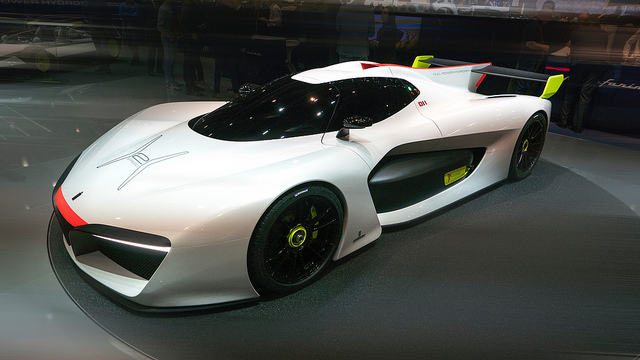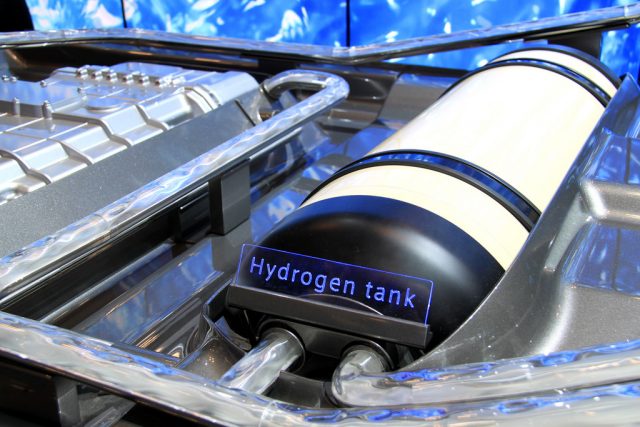Pretty soon, electric vehicles might have to give way to a newer breed of green automobiles. One type of alternative fuel vehicle (AFV) is set to pave the way for carbon-free transportation, and that is hydrogen-powered cars.
What are they?
These fuel cell vehicles have an on-board hydrogen tank. In a matter of minutes, this tank can be refilled with pressurised hydrogen. As hydrogen passes through a fuel cell stack, electricity is generated, providing power for the car’s batteries and motor.

Who is developing them?
Some of the big names in the motor industry are in the works or already have introduced their own versions of the hydrogen-powered vehicle. Pinanfira from Italy is making 10 versions of the H2 Speed, which can refuel in 3 minutes, accelerate to 62 mph in just 3.4 seconds, and reach a top speed of 186 mph. Toyota, BMW, Audi, Honda, Lexus, Ford, Mercedes-Benz, and General Motors are some of the other top manufacturers working on their own hydrogen-fuelled creations.
There are also some other fish who are testing the waters, such as the Welsh start-up Riversimple. They will allow 60 to 80 UK drivers to lease their Rasa model for three to six months. It weighs only 1,300 pounds, has a 300-mile range, and goes with an ultra luxurious interior.
Why are they being developed?
Governments and car manufacturers continue to look for additional and better low emission vehicles and green technology. Hydrogen is a great fuel source to tap because it is the most abundant substance in the universe, the only exhaust it produces is water, it provides AFVs a range similar to that of a conventional car, and it allows vehicles to run with almost no noise pollution.
What are the limitations?
One of the biggest challenges for hydrogen-powered cars is the small number of refuelling stations. In the UK, there are only about 12 operating this 2016. In the U.S., they are only really available in the state of California. Additionally, they are currently still an expensive technology.
Hopefully, as more research and development is being done with hydrogen-fuelled vehicles, they will become a more affordable and attainable alternative for drivers everywhere.





